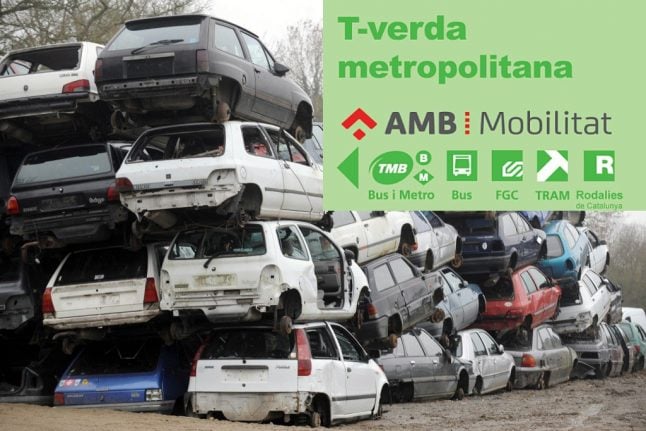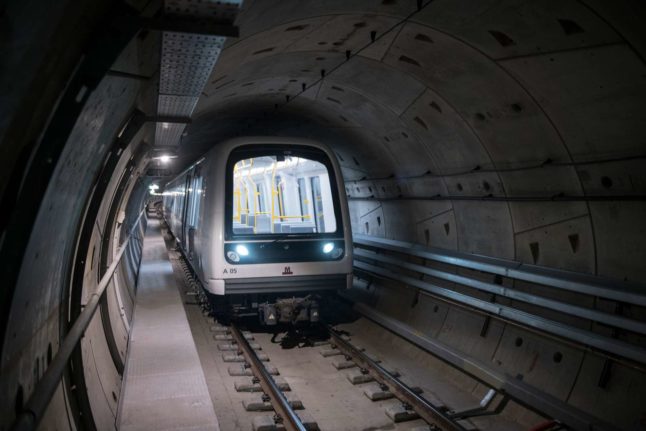As of January 1st 2020, the most polluting vehicles in Barcelona and some municipalities on the outskirts of the capital will no longer have access to the city’s roads.
That’s unless their drivers want to cough up fines of anywhere between €200 and €1,800 for driving around on week days between 7am and 8pm.
According to Barcelona’s transport authority ATM (Autoritat Metropolitana del Transport), the implementation of this low emission zone in the Catalan capital will mean 50,000 of the city’s most polluting cars and motorbikes are left parked at home.
READ MORE:
- Madrid pollution levels soar within just one day of scrapping traffic restriction scheme
- Barcelona poised to introduce congestion charge in bid to cut pollution
It’s a drastic measure and one that lawmakers have known for some time wouldn’t sit well with commuters who were being asked to ditch their cars without any financial compensation.
Therefore, Barcelona mayor Ada Colau decided in 2017 she would offer a three-year long free travel card called the T-verde to affected drivers who actually handed over their car to be dismantled at the scrapyard.
The card gives holders free access to Barcelona’s subway, TMB and intercity buses, the tram, Cercanías trains and the rest of public transport services available in zone 1 for a total of three years.

The T-verde (T-verda in Catalan) can be registered in another family member’s name, as long as they don’t own a private vehicle themselves. Applicants have to be Barcelona residents.
Another condition is that cardholders aren’t allowed to buy a new car during that three-year period unless they want to lose their free public transport rights.

Barcelona authorities are offering the environmentally friendly exchange to owners of diesel vehicles that were manufactured before 2006, petrol cars from before 1997 and motorbikes with a registration plate from before July 2004.
Since October 2017 some 5,700 T-verde cards have been granted to Barcelona residents that have gone green, with an average of 240 vehicles being taken to the scrapyard every month.
City authorities are satisfied with the apparent success of the campaign but local environmental groups such as Ecologistas en Acción have called the figure “insignificant” so far, stating that an extra 50,000 vehicles have been registered in Barcelona since the T-verde measure was introduced.
READ MORE:
Superblocks – How Barcelona's car-free zones could extend lives and boost mental health

“We might be talking about people who didn’t even use their cars in the first place and who have simply done the maths and seen how the T-verde card was just a win-win for them,” spokeperson María García told Spanish daily El Diario.
Daniel Pi, technical coordinator of a Barcelona association promoting public transport in Barcelona, has pointed out that the T-verde card “isn’t the central measure” of a campaign aimed at curbing traffic pollution in the city, but rather “a nudge to get some people to take action” and ditch vehicles that are between 38 and 58 times more polluting than current models.

Barcelona’s ambitious ZBE (Zona de Bajas Emisiones) no-traffic zone is 20 times larger than the highly-debated Madrid Central catchment area, and more on a par with other car delimitation zones in place in London, Amsterdam and Berlin.



 Please whitelist us to continue reading.
Please whitelist us to continue reading.
Member comments